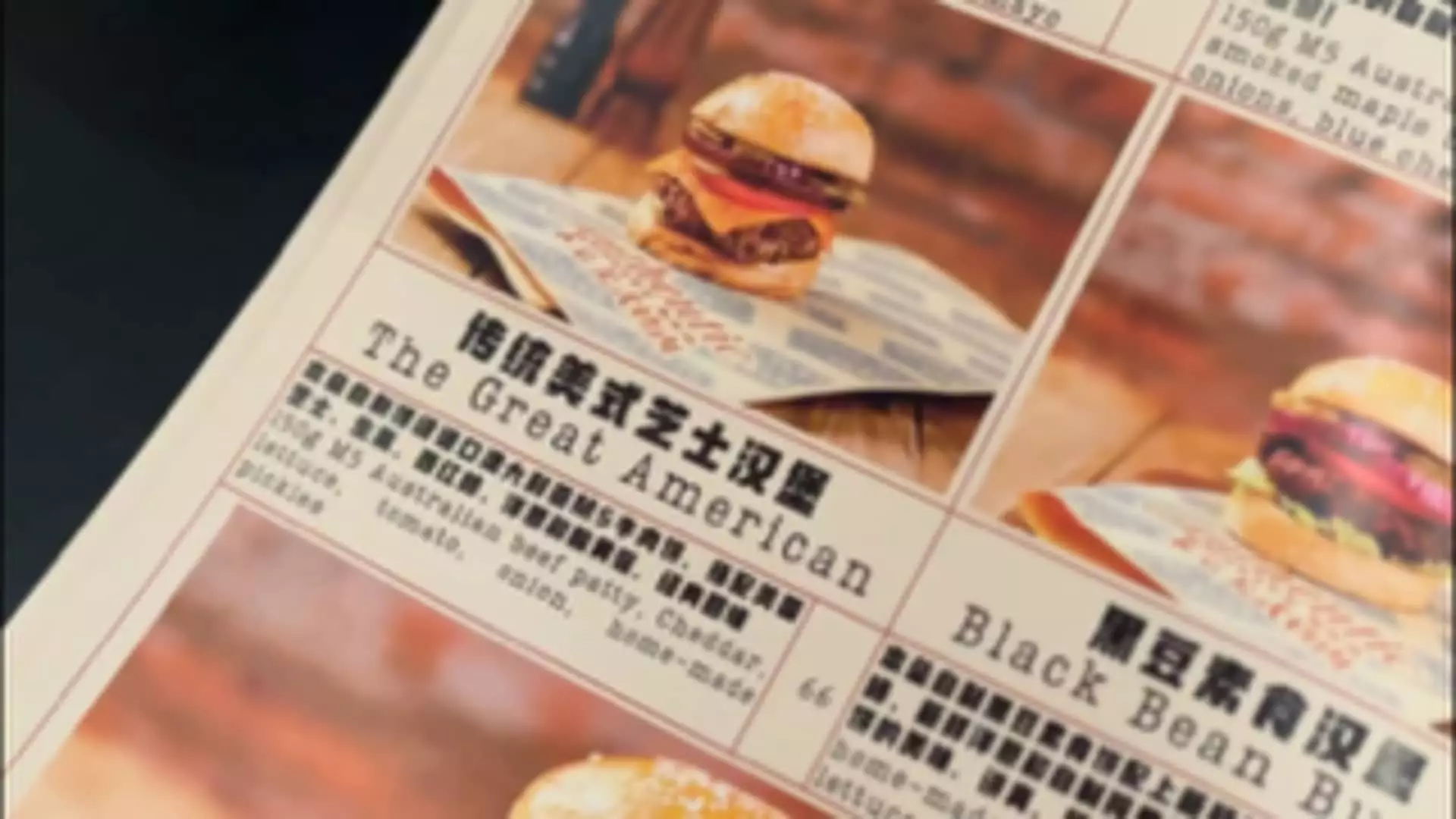In the sprawling culinary landscape of Beijing, American food products — especially those that highlight chicken feet, colloquially known as “phoenix talons” — have found a precarious footing. Geng Xiaoyun, the owner of Kunyuan Restaurant, once celebrated the unique texture and taste of American chicken feet, describing them as “beautiful” and “spongy.” The allure of cuisine is not just about flavor; it represents a cultural exchange that transcends borders. Yet, the rising tariffs imposed in the ongoing trade war have decimated this culinary connection, forcing Geng to frantically search for alternatives. Brazil and Russia might offer substitutes, but for Geng, nothing compares to the authentic American origin.
The Economic Impact of Tariffs
The implications of trade tariffs extend far beyond just the prices on restaurant menus; they destroy the delicate web of international culinary collaboration. With a staggering 30% increase in chicken feet prices, iconic dishes are disappearing from the palates of Chinese diners. The fact that Geng has been relegated to a smaller stash reserved for his personal enjoyment speaks volumes about the frustration felt by restaurant owners and chefs alike.
This situation encapsulates a greater problem: the looming specter of political discord affecting food preferences and restaurant offerings on the other side of the globe. As we see American agricultural products vanish from the Chinese market, we must confront an uncomfortable truth: the trade war isn’t merely an economic headache; it’s an assault on personal taste and cultural appreciation.
China’s Complex Reaction
In the wake of these developments, the Chinese government has begun a game of blame with the U.S., accusing it of breaching the Geneva trade pact. Statements from the Chinese Commerce Ministry regarding U.S. controls on artificial intelligence chip exports reveal an unsettling defensive posture. The rhetoric isn’t just political; it impacts everyday lives. American-style BBQ joints that once thrived on U.S. beef find themselves pivoting to Australian imports, stripped of the rich quality that made them stand out, investing an additional burden on consumers who are already grappling with rising costs.
As Liu Li, a seasoned beef supplier, notes, American beef offers an incomparable richness in flavor that Australian products simply cannot replicate. The reality is stark: food is an integral part of national identity, and this erosion can trigger shifts in public sentiment and cultural pride.
A Glimpse Into the Future
One must wonder if the two nations will come to terms before culinary nostalgia becomes yet another casualty of trade disputes. Geng’s faint hope that American chicken feet will once again grace his menu hinges on more than just leadership discussions in political arenas; it relies on a mutual appreciation for cross-cultural engagement. The stakes are high: if this culinary fabric is ripped apart, we risk losing far more than just a beloved dish; we risk an entire cultural exchange that adds richness to both nations.
As chefs and restaurateurs scramble to adapt, the very essence of what they represent — a melting pot of flavors and traditions — hangs in precarious balance. While political disputes may drive wedges between nations, the need for understanding and cooperation remains paramount, especially when it comes to something as universal as food.


Leave a Reply